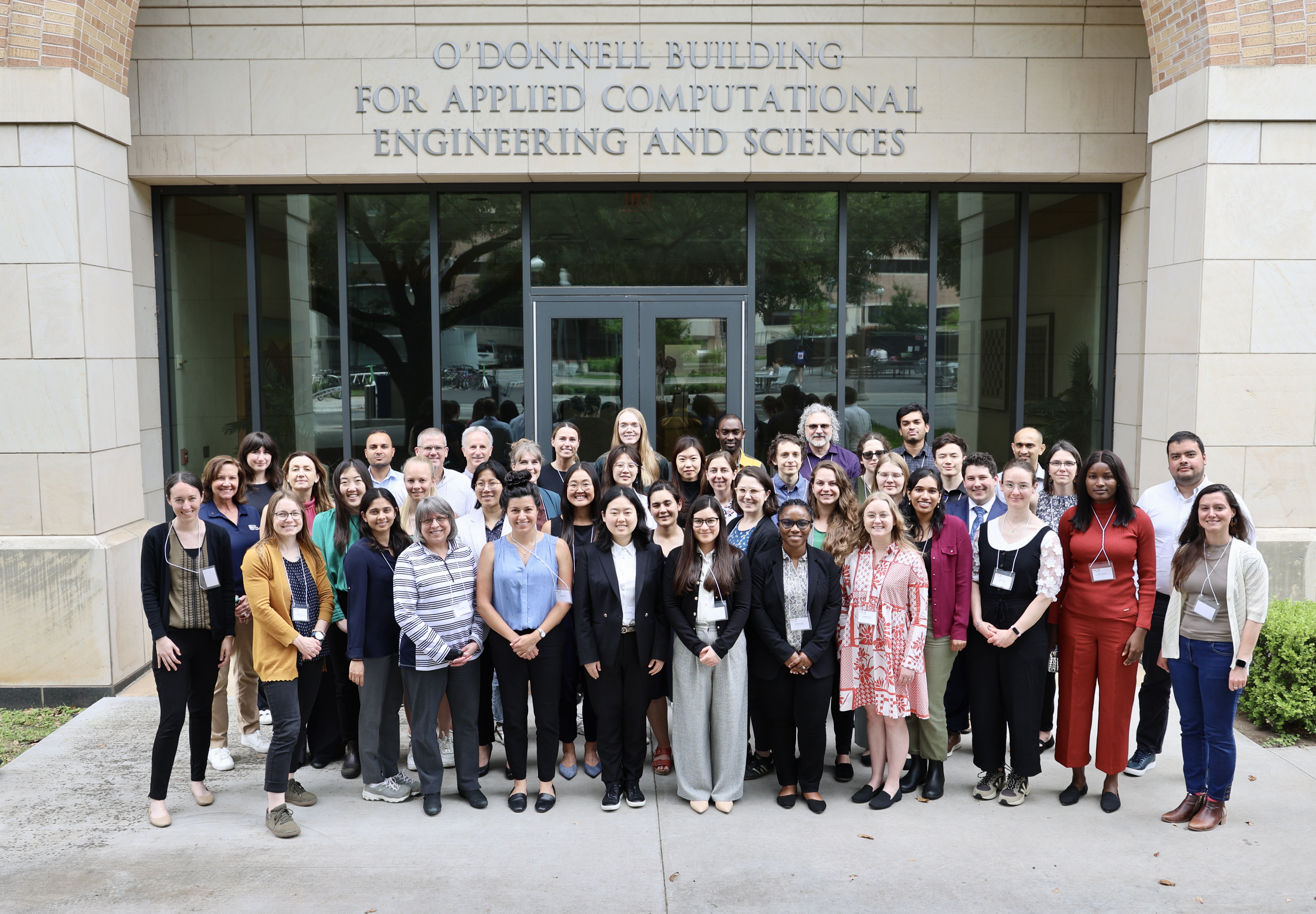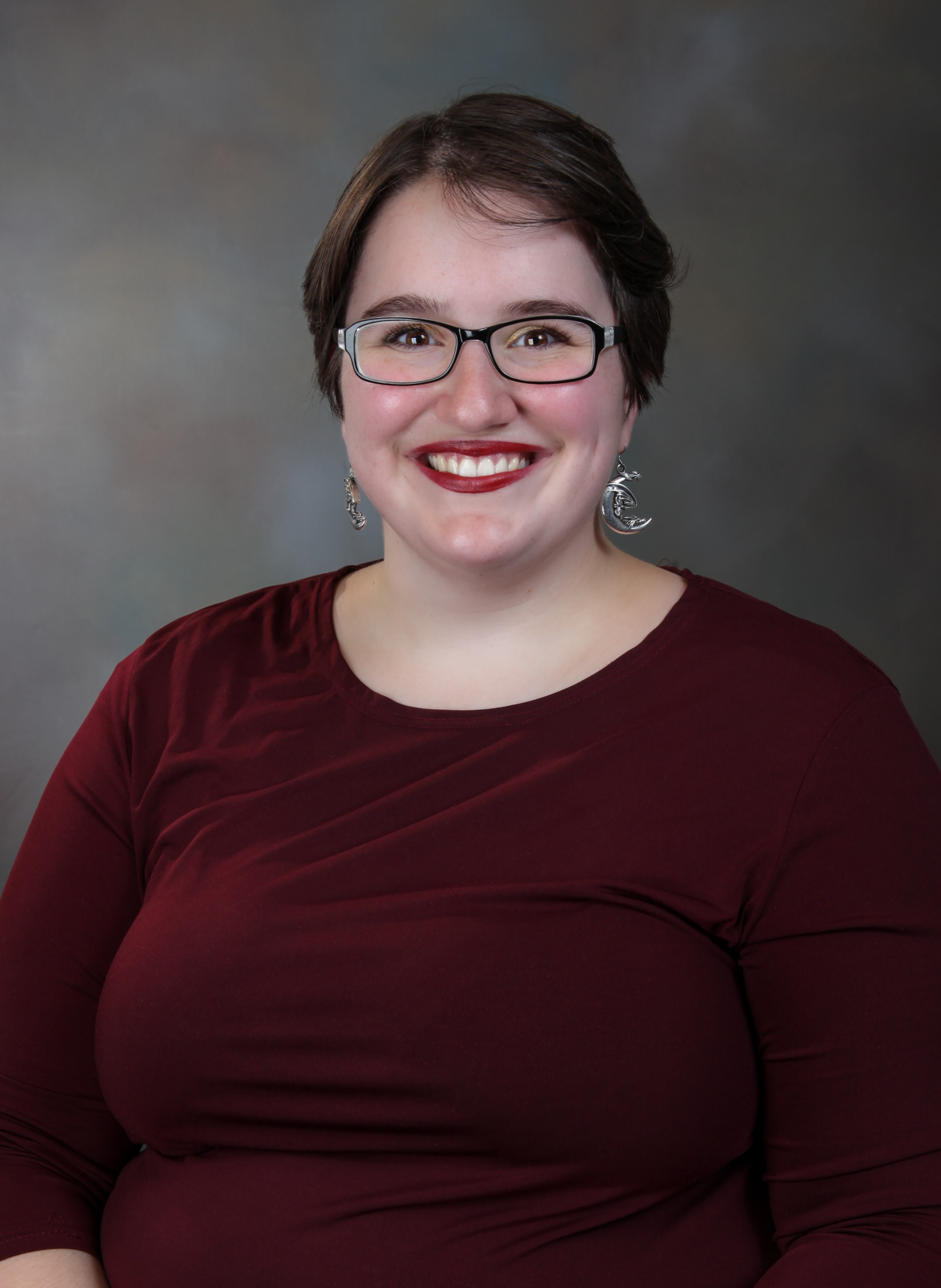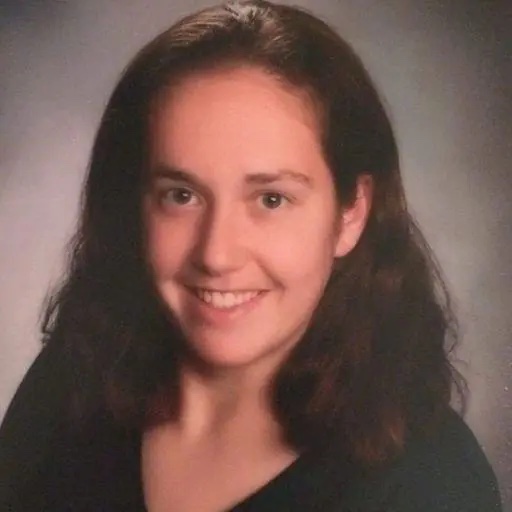After being steeped in focused research for years, life beyond obtaining a Ph.D. begins to emerge – including answering the question of ‘What’s next?’ Enter Rising Stars in Computational and Data Sciences – an annual two-day workshop built for early career attendees to make new connections and familiarize themselves with career opportunities in academia and industry.
In its sixth year, 28 attendees participated in the 2025 workshop, held April 22 – 23 at the Oden Institute for Computational Engineering and Sciences at The University of Texas at Austin.
In addition to the Oden Institute, event partners include Lawrence Livermore, Los Alamos, and Sandia National Laboratories. The workshop incorporates interactive panels on topics ranging from refining communications skills, writing grant proposals, and academic and research career pathways. It also provides a venue for attendees to present their research and receive constructive feedback on their presentations.
The research presentations provide a window on the breadth of scientific questions attendees are exploring. The interactive environment employed by the Rising Stars workshop helps foster networking and relationship-building among participants. One such relationship that began during the 2022 Rising Stars Workshop has flourished into a collaboration uniting academia and industry.
Amelia Henriksen and Elizabeth (Liz) Newman recounted their first meeting.
“While at the 2022 Rising Stars, I listened to Liz’s presentation and she did a fantastic job, Admittedly, in addition to her presentation, one of the reasons I particularly noticed Liz was she was one of the few other people wearing a mask – something we had in common,” she said, noting the in-between time of the pandemic. “The pandemic wasn't totally over, and I recall commenting, ‘Oh, hey, we're mask buddies!’”
That turned out to be the beginning of their friendship and professional collaboration. Amelia is now a senior member of the technical staff at Sandia National Labs in the Machine Intelligence and Visualization Organization. She completed her Ph.D. at the Oden Institute at UT and then went to Sandia in 2021 initially as the S. Scott Collis Data Science Fellow. She has been in her current position since 2023. Elizabeth, who received her Ph.D. at Tufts University in 2019, completed her postdoctoral research at Emory University, where she is now an assistant professor in the Department of Mathematics.


